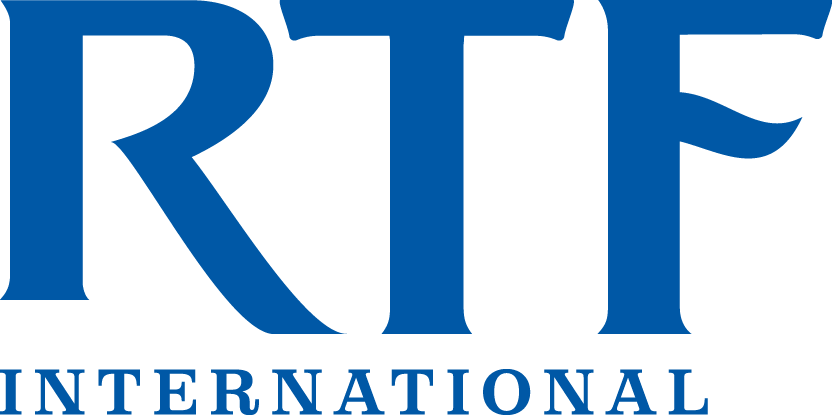Hope, Healing & Freedom Podcast : Ep 14
TRANSCRIPT
On today’s podcast we are continuing our talk about Forgiveness. In our previous podcast we talked about the Biblical basis of forgiveness and our need to forgive. We’re going to talk about Hindrances to Forgiveness.
Scripture: Matthew 6:14-15 is very clear about forgiveness.
“For if you forgive men their trespasses, your heavenly Father will also forgive you. But if you do not forgive men their trespasses, neither will your Father forgive your trespasses.”
Matthew 6:14-15
We talked about that indepth in our previous podcast.
Knowing that you should forgive and forgiving are two different things. In the next couple of podcasts we’re going to dig deep into the topic of forgiveness. We see in our key verse that for our sins to be forgiven that we must forgive.
Let’s look at some Hindrances to Forgiveness:
Ok, so we know we need to forgive but what if we don’t FEEL like forgiving.
Not feeling like forgiving is a hindrance to forgiveness. But feeling like it and doing it are two different things. Forgiveness often begins with a decision to forgive. It’s not about a feeling. It’s a decision. You can choose to forgive even if you don’t feel it. Our feelings and emotions do not have to dictate to us how we live. At times we may have to back up and ask Father God to help us to want to forgive. Did you know that you can actually choose or decide to forgive even though you don’t feel like it?
Another hindrances are:
- Feeling like the person should be punished for their offense and if you forgive they are getting off the hook without any penalty
- Knowing that the person hasn’t acknowledged the pain they caused you
- Feeling that if you forgive you have to maintain your relationship with the person
- Feeling that if you forgive that means you have to trust the person again
All of the above hindrances are real feelings. All of the above could keep you from forgiving someone (s). However, who are you hurting? Well, according to our scripture you are hurting yourself (you won’t be forgiven) and you’re going to be turned over to the tormentors. WOW! It sounds like we have to make a difficult decision and choose to forgive even when we don’t feel like, when they don’t deserve it, when trust has been broken and we’ve been hurt.
I remember a time in my life when I had been betrayed by someone very dear to me. I was really hurt and angry. Trust had been broken. Again. I was devastated. I knew that I had to forgive or I’d be choosing to walk in unforgiveness and the consequences of that were severe. I remember asking God to help me to even want to forgive. I had so much hurt I just didn’t know what to do with it. I didn’t feel that they deserved to be let off the hook. I felt that somehow my holding onto unforgiveness was punishing them and making them pay for what they did. In this case the person had repented and asked for my forgiveness but I was still very angry and hurt. Their actions had wounded me deeply. I remember literally yelling at them, “I FORGIVE YOU! Not because I want to or feel like it but because I have to.” Well, it was a place to begin. Beginning to forgive. Beginning of rebuilding our relationship. It was years before I understood that my heart needed to be healed and that trust had to be reestablished. It began with deciding to forgive. At that time in my life no one told me how to get my heart healed. I just chose the “Christian thing” and forgave as best I knew how and I went on. I swept it under the rug.
One of the hindrances to forgiveness is believing that forgiving means that I trust the person the same as before. That’s not true. When trust has been broken trust must be rebuilt. It has to be reestablished. The only way that I know of for that to happen is over a period of time of earning back trust.
For example, Let’s say you find out that your spouse has been unfaithful. You find out that they’ve been watching pornography. You’re devastated. Trust has been broken. There’s betrayal, hurt and heart ache. There’s deception and out right lying. You blame yourself. You’re sure that there must be something you’ve done to cause this. He or she repents and asks for forgiveness. You decide or choose to forgive. Like the above example maybe you don’t feel like forgiving. However, you choose to forgive, but there is a gaping wound in your heart that needs healing. There is also the need for trust to be re-established. Do you know it’s okay to establish some boundaries. It’s reasonable to expect the spouse to be open with computer and phone passwords. It’s reasonable for the spouse to have an open door policy on their lives. We will talk more about establishing healthy boundaries in another podcast but trust must be re-established and earned. Extending forgiveness does not mean that you completely trust the person again immediately. Trust is earned.
When there has been a betrayal and trust is broken, trust must be re-established. Trust is earned.
Maybe it’s a child that has broken your trust. They’ve lied about where they’ve been or what they’ve been doing. You find out. Now what? Do you automatically trust them fully again? No, over the course of time trust must be rebuilt. It’s rebuilt by a track record of truth. It’s being where they said they were going to be, when they said they were going to be there and with who they said was going to be there. If the lies and deceit continue then other courses of action that may be implemented. Consequences linked to the “crime” so to speak are instituted. However, their actions don’t mean that you’re off the hook from deciding to forgive.
In both examples previously the person that has broken trust must be willing to accept the consequences of their actions. What are the consequences? The consequences are that you, as the one who was lied to, hurt by their actions have the right to ask for full transparency. As their words and actions line up consistently then trust can be rebuilt.
Forgiving is part of the process. Getting your heart healed from the hurt is another part.
Granting forgiveness doesn’t mean that there aren’t consequences for the offender.
Another example, someone at church backs into your car. The driver is a friend. They come to you and admit what happened. They ask for forgiveness for hitting your car. You can forgive them for hitting your car but what does it cost you? Your insurance company says that it’s going to cost you $500.00 to pay for the deductible. So does forgiveness mean that you should have to pay the $500.00 or should the person hitting your car have to pay the $500.00?
In this case, I’d say that you can forgive the person for backing into your car, but the consequences of their actions are that they should pay the $500.00. In this example the consequences were financial. This example is pretty void of emotion unless your car was a prized possession or had sentimental value.
“Then Peter came to Jesus and asked, ‘Lord, how many times shall I forgive my brother or sister who sins against me? Up to seven times?’ Jesus answered, ‘I tell you, not seven times, but seventy-seven times.’ “
Matthew 18:21-22
In some situations there is a need for forgiveness for a one time hurtful event. In other situations there is a pattern of hurt. The challenge is greater for an ongoing offender. This is where another belief arises that is a hindrance to forgiveness. It is a hindrance to forgive if you have the belief that if you forgive you have to stay in relationship with the offender. This is NOT accurate. Obviously, we can’t go into every scenario that may happen, but if your life, or the life of those you love is being negatively affected by the ongoing actions of someone you have the right to choose safety for your family and that may mean limiting or cutting off relationship with someone.
These are several of the hindrances to forgiveness that we’ve talked about and in our next podcasts we are going to talk about some others.
Prayer: Father God, I thank you that you have made a way for me to be forgiven. I have been fully and completely forgiven for everything that I have done against you or against others. Thank you for your mercy. I ask you to help me completely and totally forgive those who have hurt or offended me. Bring me to an awareness of anyone that I’m holding onto unforgiveness. Lord, I ask that you would heal my heart of the hurt. I want to be totally free from everything and anything that would hold me back from experiencing all that you have for me.
Declaration: I declare that I choose to walk in forgiveness daily.


